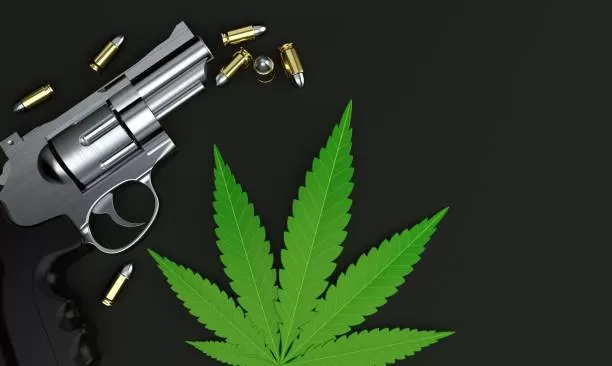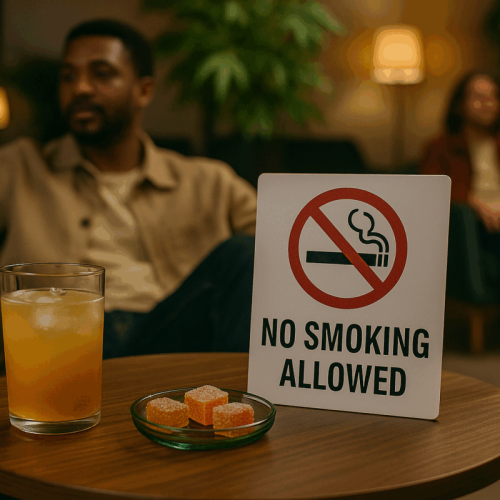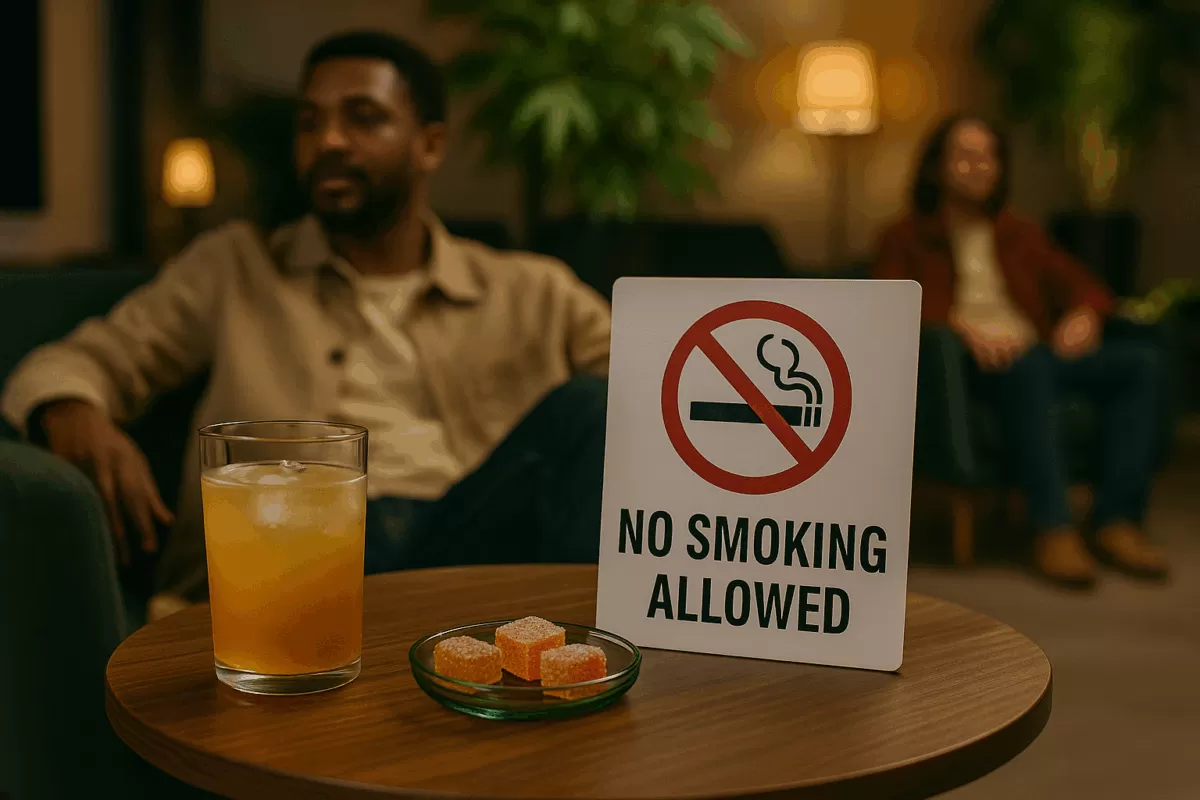A federal judge in Oklahoma has ruled that prohibiting marijuana users from owning firearms violates the Second Amendment. U.S. District Judge Patrick Wyrick concluded in the case United States v. Harrison that the restriction imposed by 18 USC 922(g)(3), a federal law that makes it a felony for an “unlawful user” of a “controlled substance” to receive or possess a firearm, is not “consistent with this Nation’s historical tradition of firearm regulation.” This law, which was first imposed by the Gun Control Act of 1968, applies to all cannabis consumers, even in states that have legalized marijuana for medical or recreational use.
In this case, the defendant, Jared Michael Harrison, was charged with illegal possession of marijuana and drug paraphernalia under state law and was also indicted for violating the federal law. Harrison argued that the federal indictment was inconsistent with the Second Amendment, which protects “the right of the people to keep and bear arms.” The government argued that Harrison’s marijuana use excluded him from “the people.” However, Judge Wyrick noted that the Supreme Court rejected this narrow reading of “the people” in the 2008 case District of Columbia v. Heller and said that the phrase unambiguously refers to all members of the political community.
In the landmark case New York State Rifle & Pistol Association v. Bruen, the Supreme Court established that there is a “strong presumption” that the right to carry handguns in public for self-defense belongs to all Americans. The government cited seven laws from 1655 to 1899 that it said “categorically prohibit[ed]” intoxicated individuals from possessing firearms. However, Judge Wyrick disagreed with this argument and noted that these laws only applied while an individual was actively intoxicated and none of the laws appeared to have prohibited the mere possession of a firearm.
The government also argued that the law was analogous to the tradition of disarming convicted felons, but Judge Wyrick noted that this tradition is more recent and nuanced than it implies. States did not begin restricting Second Amendment rights based on criminal convictions until the 1920s, and they originally focused on crimes of violence. Under current federal law, anyone who has been convicted of a crime punishable by more than a year of incarceration, whether or not it involved violence, is forbidden to possess a gun.












